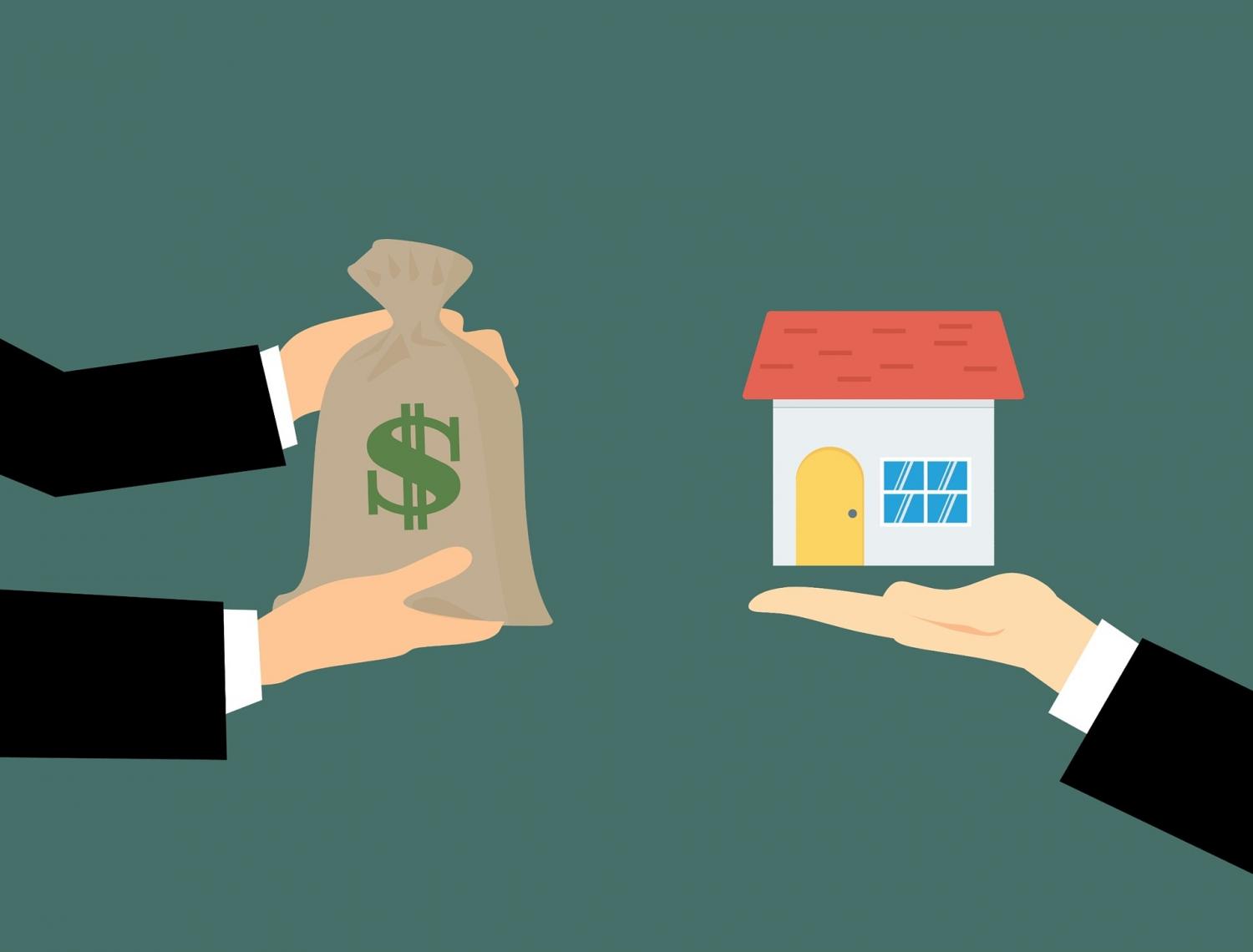
Fighting off debt slowly or going with the alternative – Benefits and risks
There are so many different ways through which you could get yourself in the position of having debt that it’s almost impractical to name them all given the amount of time it would require. With that said, some debts are more dangerous than others, but ultimately all debt equals to one thing: negative rep on your credit score. When they find themselves in this position people don’t always comprehend the gravity of the matter at first, but eventually, they come to their senses and try to get their hands on the first debt consolidation loan they can find. If you’re interested in learning more about that, read this.
The main reason why people generate debt
Debt isn’t something that just appears out of nowhere and binds itself to the closest unlucky person it can find. Debt is the end result of a lengthier process that involves a lot of spending and far too little paying back. Great credit can turn into horrible credit in the blink of an eye, such as how a good balance can turn into debt.
Beware the trap of good credit
When people play their cards right and maintain a favorable credit score, things can go one of two ways when they realize that they’ve done rather good for themselves: People either continue to follow the trail they’ve laid out for themselves, or abandon the path they’ve thought out and start spending recklessly. Think of it like having a plate full of cookies. You think you can eat a couple more just because there are so many left on the plate but eventually you realize that you’ve eaten all of the cookies and the plate is empty. Unfortunately, you’ve realized it way too late and by now you’ve already eaten the cookies that weren’t there.
While you can make invisible cookies reappear out of thin air, you can definitely work on your credit score by clearing out debt. It’s all a matter of approaching the situation from the correct angle. There are two ways in which you can fight off debt. One involves getting another job and the other revolves around scaring your credit score for a long period of time. Either way, some sacrifices need to be made.
Taking the slow route
When you take the slow route, you require a second job, extra shifts at your current job or anything else that can boost your income for the time being. Throughout the entire process of paying off your debts, you need to be able to also sustain yourself, as in have money for food, gas, the roof over your head, etc. Since there are endless possibilities on that front, you have your pick on what's more advantageous or available to you.
Taking the faster route
There is another way that implies you handle matters in court through declaring insolvency. This is a method used to wipe away debt but it comes at a cost. If you decide to take this road, you should know that you won’t be able to look at your credit score and smile for a very long time, 6 years to be more precise. That’s how long debt stays on credit history recordings. Even after that, having gone to court and declared insolvency, your credit score can dip even lower. However, you can use these years to your advantage by constantly improving your score in time, the first step is paying off all your debts.













